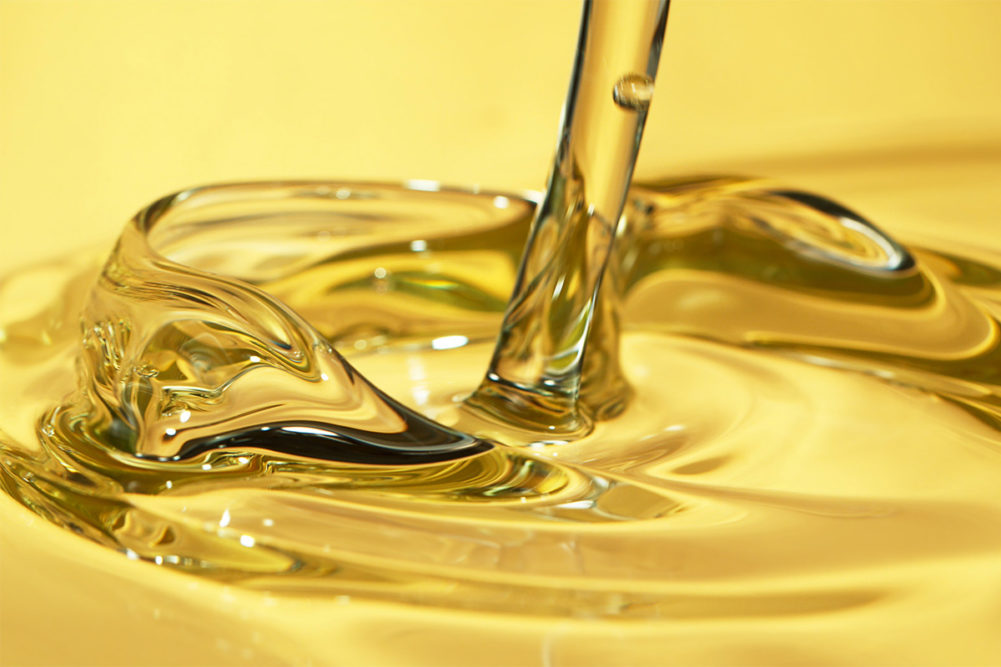KANSAS CITY — While large snack makers rely on hedging to manage rising vegetable oil costs, small- to mid-size producers of donuts, chips and other finger-lickin’ treats often must eat profits or find other ways to fry another day.
To lower overhead and extend the life of cooking oil, producers are focusing on fundamentals. These include automatically cutting oil temperature during production gaps to ensure that the oil is not heated above the recommended temperature.
In Baking & Snack’s frying technology report in its August issue, subject matter experts suggest snack makers should also avoid running fryers below 80% of nominal capacity, which extends the oil turnover time and leads to reduced oil quality. If changeovers or sudden downtime interrupt the process for more than 30 minutes, consider draining the fryer and cooling the oil before it’s pumped into the tank. Filtering out fines from the oil will help maintain good oil quality. Typically, most effective oil cleaning systems include both full-flow filtration to capture larger particles by filtering the fryer’s oil volume once per minute, and partial-flow oil filtration to remove smaller particles.
Cutting corners, however, might not be the best idea, as tempting as it sounds. Low-cost oil will affect not only a snack’s shelf life, but also its taste and quality. When it comes to frying, snack manufacturers must pay close attention to the details to control the higher costs of commodities so they can prosper in today’s competitive market.






